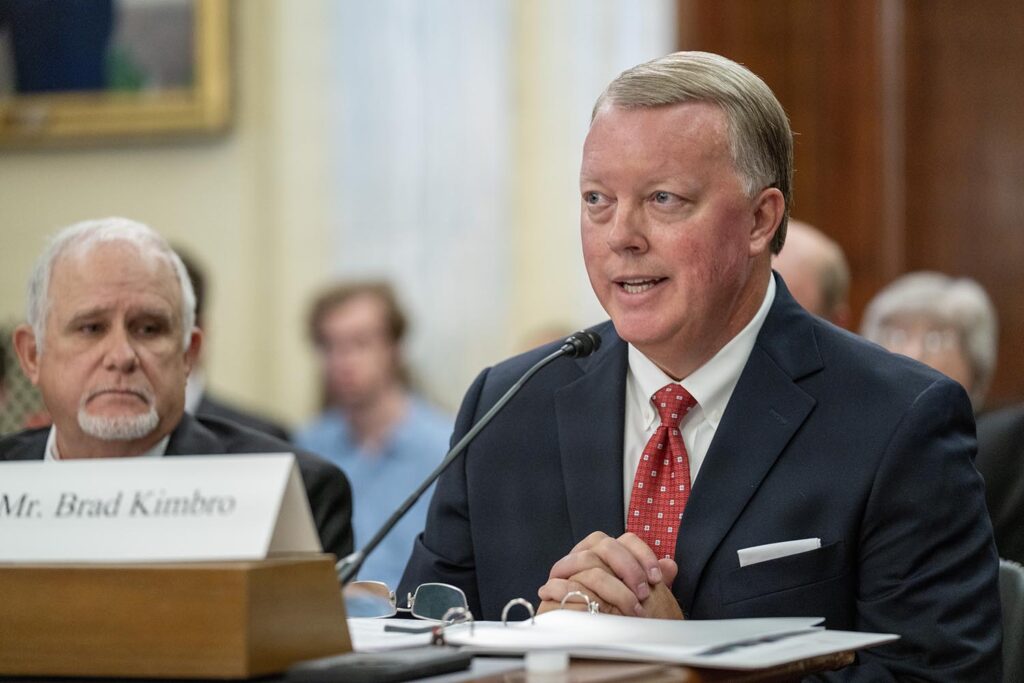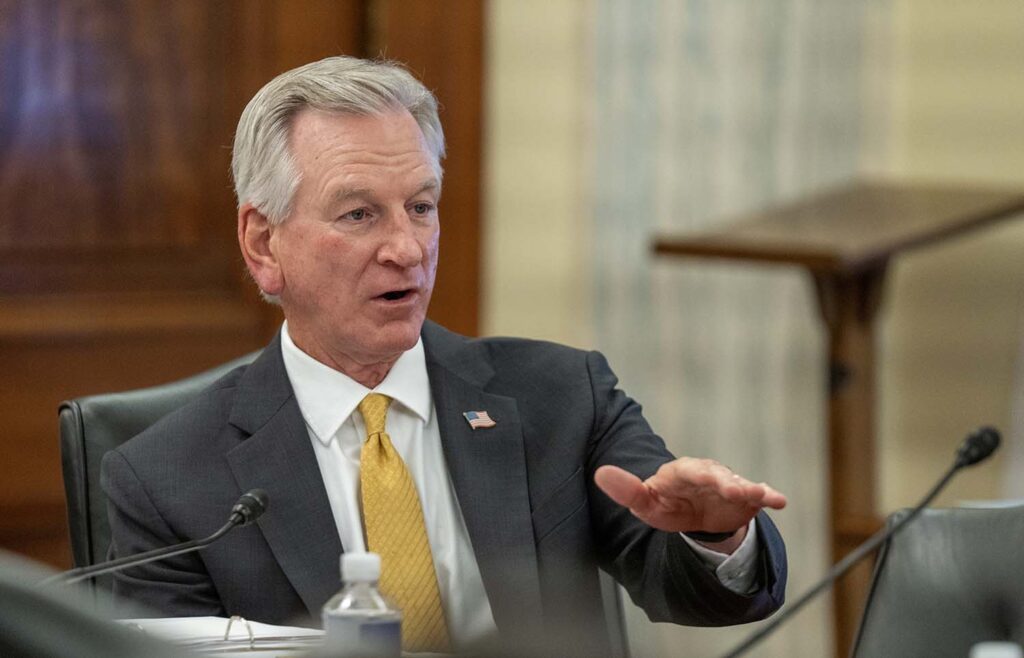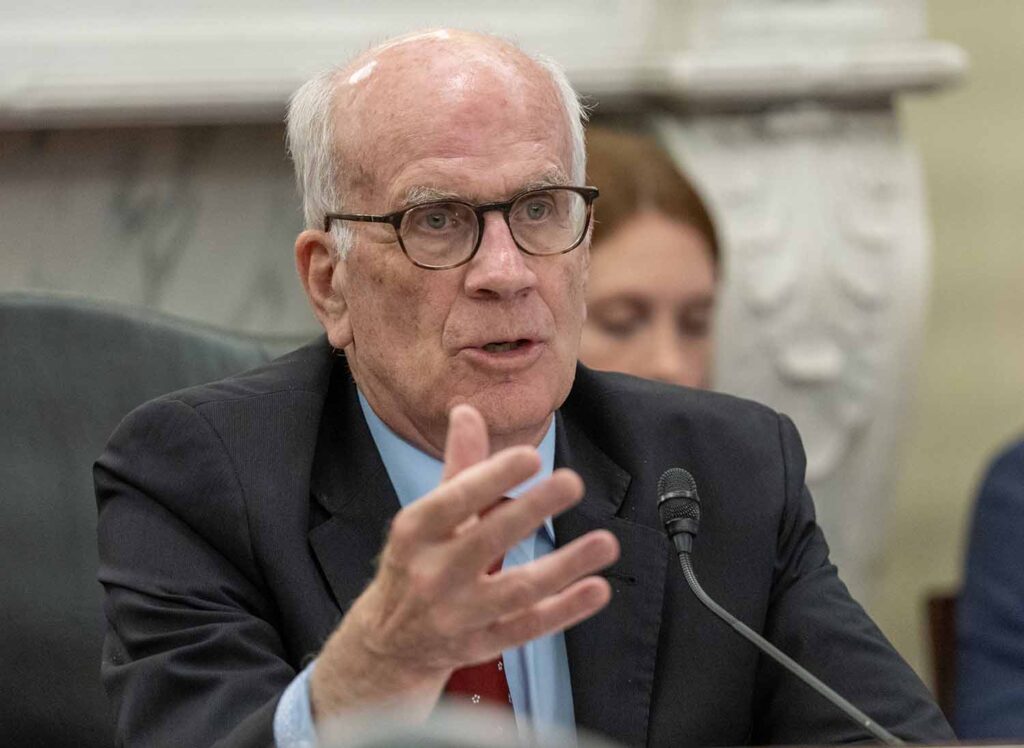
Federal aid is crucial to electric cooperatives trying to repair their systems after disaster strikes, but key programs need to be streamlined to help rural communities recover faster, an Alabama co-op leader told a Senate panel Wednesday.
“Responding to a disaster is not just about physical damage,” Brad Kimbro, CEO of Wiregrass Electric Cooperative in Hartford, told the Senate Agriculture, Nutrition, and Forestry Subcommittee on Rural Development and Energy. “These storms take an emotional toll on our communities and our cooperative employees.”
In 2018, Hurricane Michael struck the eastern part of the co-op’s service territory, “resulting in extensive damage to infrastructure that needed to be repaired or rebuilt quickly,” he said, adding that the total cost of the destruction was about $8 million.
“We are grateful that we were able to work within our [existing] Rural Utilities Service work plan to finance recovery efforts and ultimately secure reimbursement through the Federal Emergency Management Agency Public Assistance process,” Kimbro testified at a hearing titled, “State of Rural Infrastructure: Emergency Response, Recovery and Resilience.”

“It is hard to overstate the importance of these programs. Without them, higher electric bills would have placed financial strain on the communities we serve, with our most vulnerable members feeling it the most.”
But while co-ops greatly appreciate these programs, they are not always easy to access in a timely manner, he said.
“The RUS electric loan program is not designed for immediate-need situations,” he said. “Securing an RUS electric infrastructure loan requires time and extensive paperwork.
“An electric utility focused on response and recovery after a hurricane or other severe weather event needs access to capital quickly. For this reason, obtaining a new RUS electric infrastructure loan for rebuilding is not an option.”

Even federal programs that are designed to provide immediate assistance often have lengthy delays, he said.
Disaster relief aid from FEMA helped WEC recover from Hurricane Michael, but some co-ops in Alabama and Florida have waited years to receive assistance after a hurricane or storm, he said.
“It is a major issue of concern for those co-ops, particularly when they are required to take out large loans or draw down on lines of credit to cover the immediate costs of recovery to return their communities’ and residents’ lives back to normal as quickly as possible,” Kimbro said.
“When electric cooperatives must borrow to cover these recovery costs until reimbursement is made, it means potentially years of accumulating interest, the cost of which is borne by the cooperative consumer-members.”
He urged senators to support the FEMA Loan Interest Payment Relief Act, which would require FEMA to reimburse electric co-ops and local governments for the interest they paid on loans they had to take out to rebuild their systems.
Erin Kelly is a staff writer for NRECA.